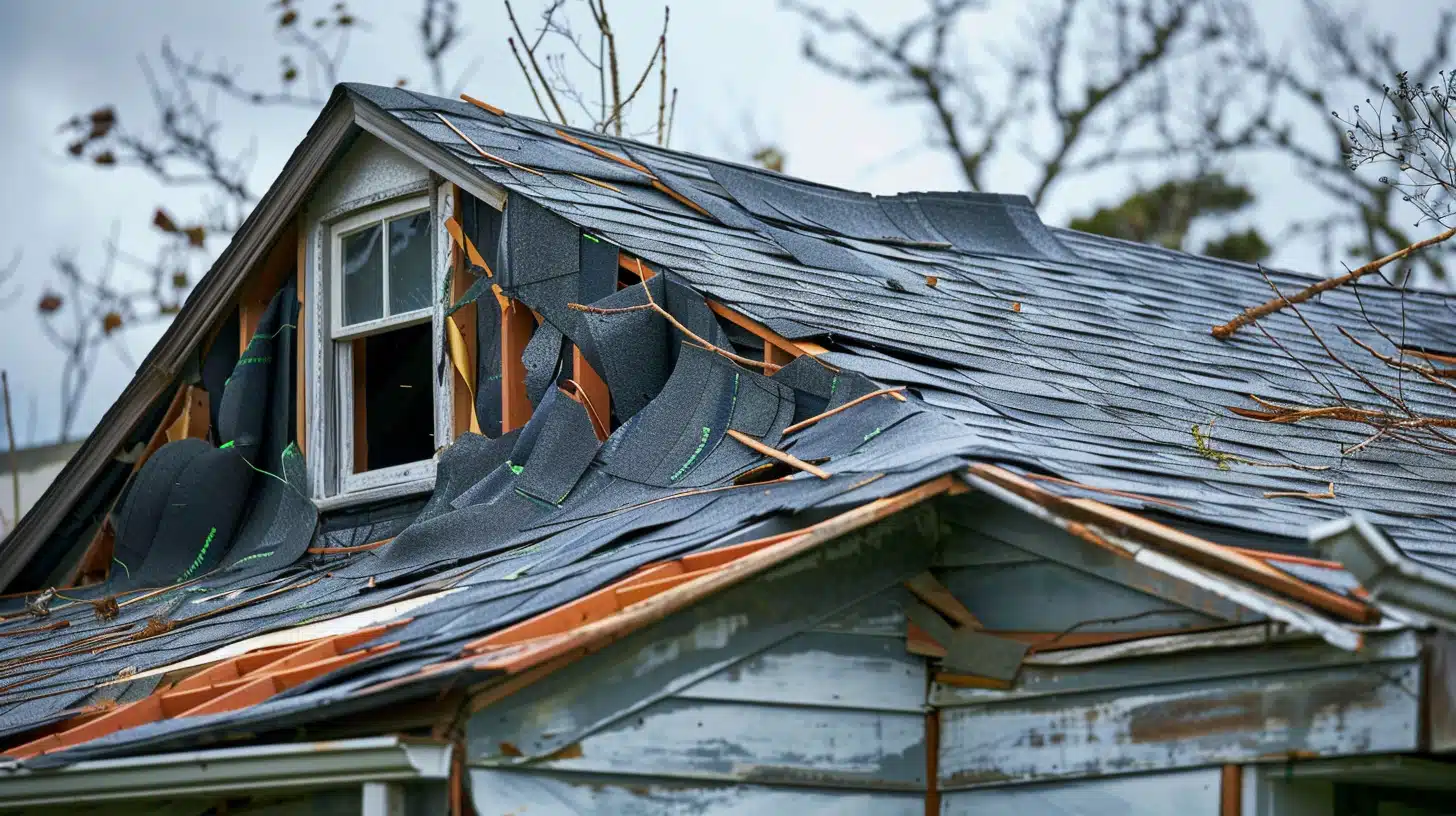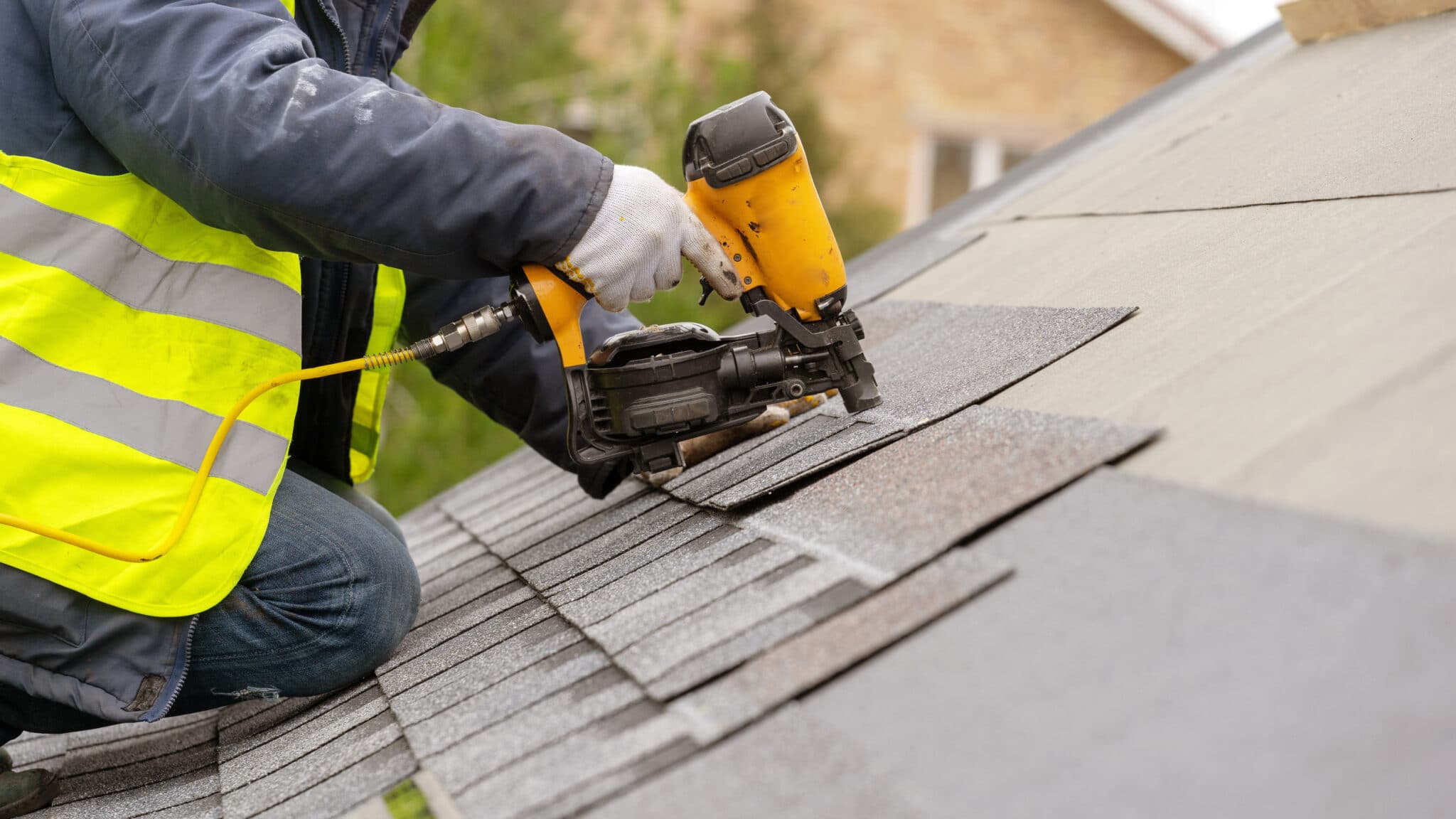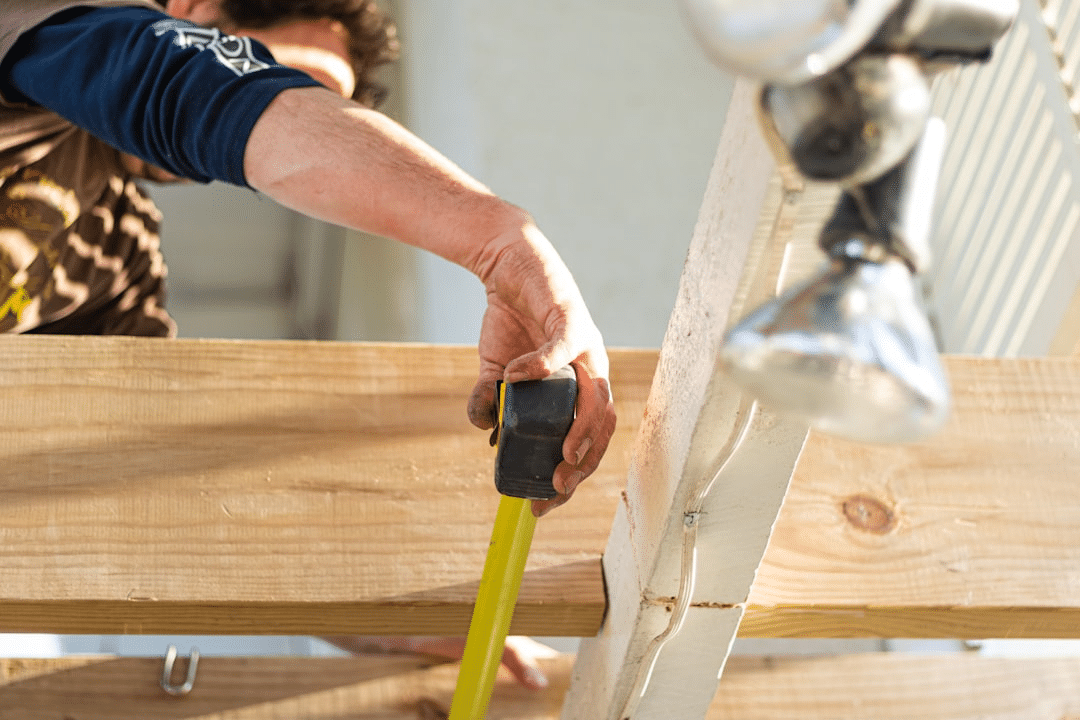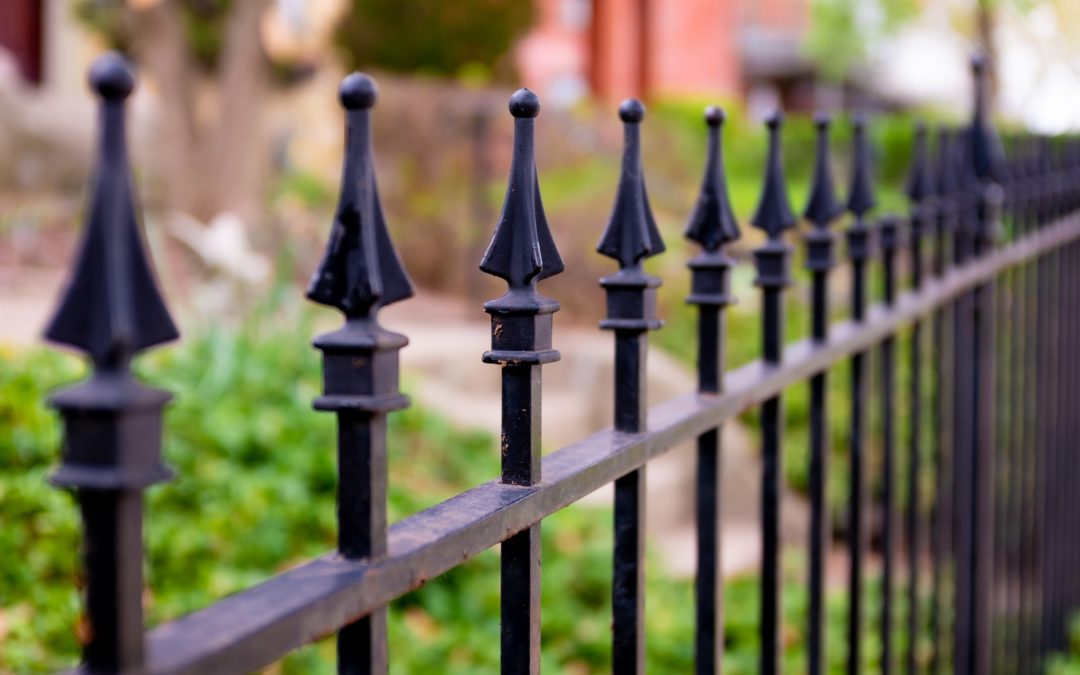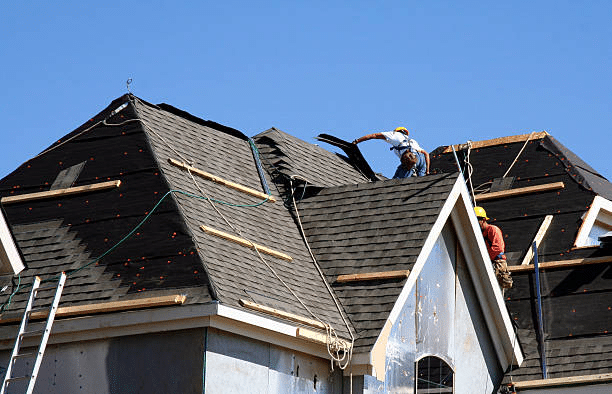How to Choose the Right Contractor for Your Storm-Damaged Roof
Dealing with a storm-damaged roof can be a stressful and overwhelming experience. Choosing the right contractor to handle the repairs is crucial to ensure that your home is restored to its pre-storm condition and protected from future damage.
When selecting a roofing contractor for storm damage repairs, it’s important to consider key factors such as assessing their reputation and experience, understanding the scope and cost of repairs, ensuring quality materials and workmanship, as well as handling insurance claims and warranties.
Assessing the Contractor’s Reputation and Experience
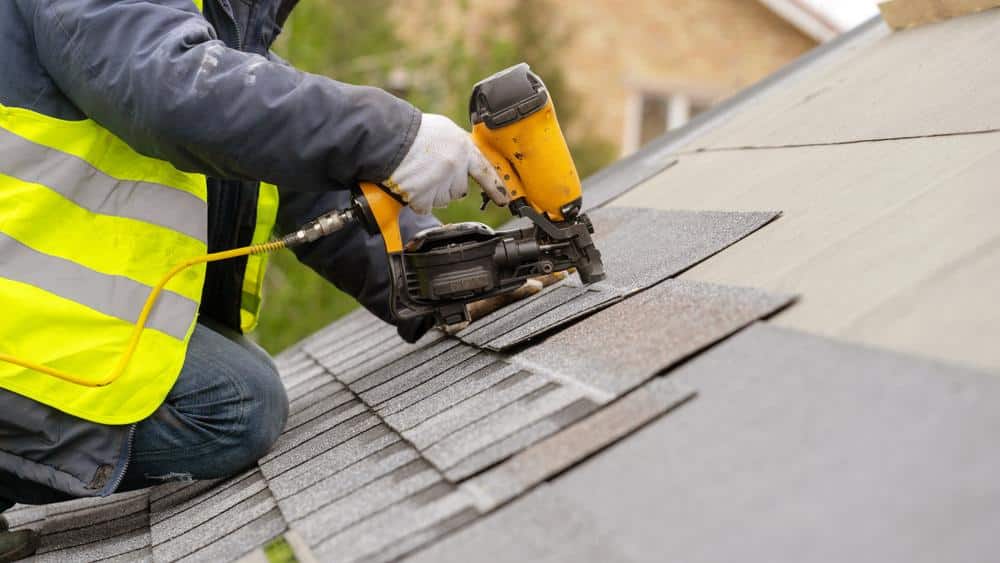
When entrusting your storm-damaged roof to a contractor, it’s essential to evaluate their reputation and experience in the industry. Here are some steps to help you make an informed decision:
Researching Online Reviews and Testimonials
Start by researching the contractor online, looking for reviews and testimonials from previous clients. Websites like Google, Yelp, and the Better Business Bureau can provide valuable insights into the contractor’s track record and customer satisfaction. Pay attention to both positive and negative reviews, and look for patterns in the feedback.
Verifying Licenses, Insurance, and Certifications
Ensure that the contractor you choose is licensed, insured, and certified to perform roofing work in your area. A reputable contractor should be willing to provide proof of their licenses and insurance upon request. Look for certifications from manufacturers or industry organizations, which can indicate a higher level of expertise and training.
Evaluating the Contractor’s Portfolio and Past Projects
Request to see the contractor’s portfolio of past projects, specifically those involving storm damage repairs. This will give you a sense of their experience and the quality of their work. If possible, ask for references and contact past clients to inquire about their experience working with the contractor.
Inquiring About the Contractor’s Specialization in Storm Damage Repairs
Not all roofing contractors have extensive experience with storm damage repairs. Look for a contractor who specializes in this area and has a proven track record of successfully completing similar projects.
A contractor with expertise in Storm Damage Repair will be better equipped to assess the extent of the damage, recommend appropriate solutions, and navigate the insurance claims process.
Understanding the Scope and Cost of Repairs
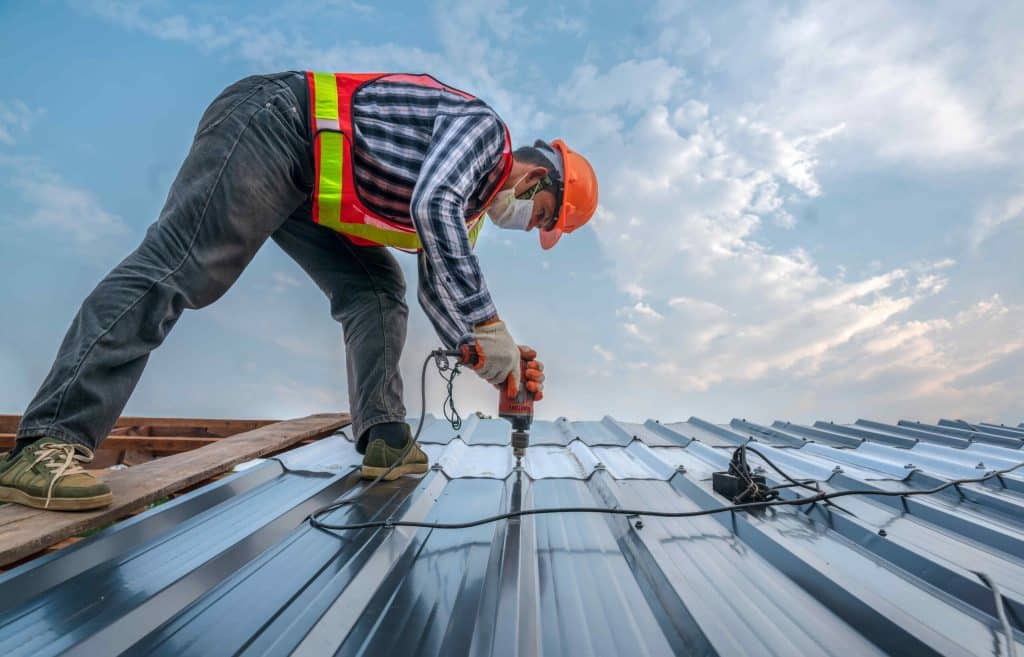
Before hiring a contractor, it’s crucial to have a clear understanding of the scope and cost of the required repairs. Take the following steps to ensure transparency and avoid surprises:
Scheduling a Thorough Roof Inspection and Assessment
Request a detailed roof inspection and assessment from the contractor. They should thoroughly examine your roof, identify all areas of damage, and provide a detailed report of their findings. This assessment will serve as the foundation for the repair plan and cost estimate.
Obtaining Detailed, Written Estimates from Multiple Contractors
Obtain written estimates from multiple contractors to compare costs and scope of work. Ensure that the estimates include a detailed breakdown of materials, labor, and any additional fees. Don’t automatically choose the lowest bid; instead, consider the overall value and quality of the proposed work.
Comparing Costs and Identifying Potential Hidden Fees
Carefully review and compare the estimates, looking for any discrepancies or hidden fees. Ask the contractors to clarify any items that are unclear or seem out of place. Be wary of estimates that are significantly lower than others, as this may indicate inferior materials or workmanship.
Discussing Payment Terms and Schedule
Before signing a contract, discuss the payment terms and schedule with the contractor. Determine the deposit amount, payment milestones, and final payment terms. Avoid contractors who require a large upfront payment or insist on cash payments, as this can be a red flag for potential scams.
Ensuring Quality Materials and Workmanship
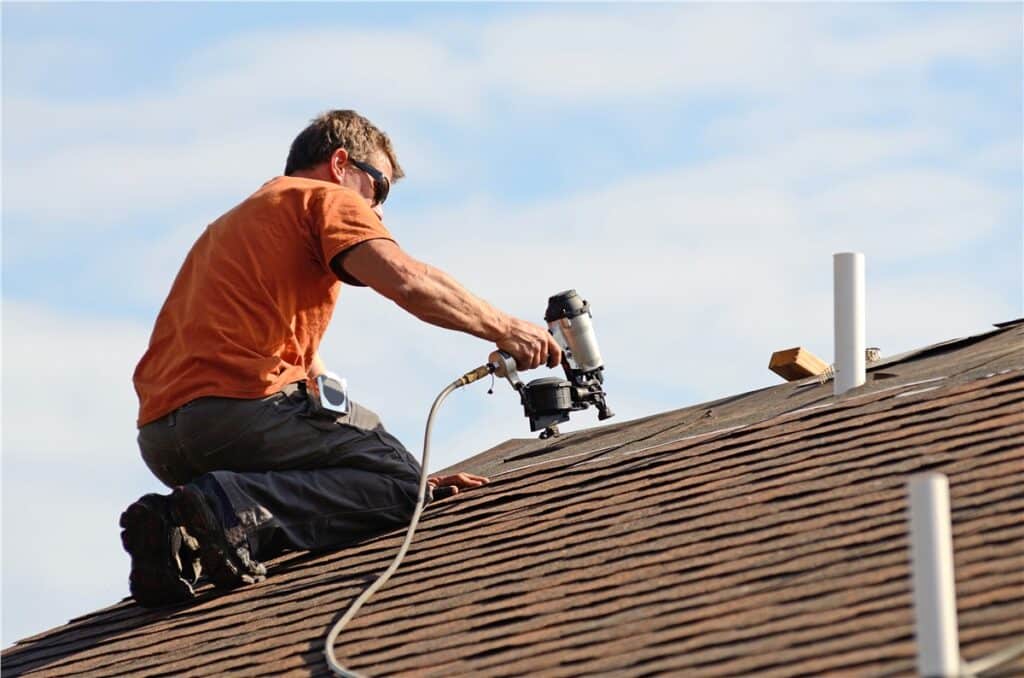
The quality of materials and workmanship used in your roof repair will directly impact its longevity and performance. To ensure the best results, consider the following:
Inquiring About the Specific Materials to be Used
Ask the contractor about the specific materials they plan to use for your roof repair. Request information on the manufacturer, product line, and any warranties associated with the materials. Ensure that the materials are appropriate for your roof type and climate.
Researching the Durability and Longevity of Proposed Materials
Conduct your own research on the durability and longevity of the proposed materials. Look for reviews and ratings from independent sources, and compare the materials to industry standards. Consider the long-term costs of choosing higher-quality materials versus cheaper alternatives.
Discussing the Contractor’s Installation Methods and Procedures
Inquire about the contractor’s installation methods and procedures. A reputable contractor should follow manufacturer guidelines and industry best practices to ensure proper installation and optimal performance. Ask about their quality control measures and how they handle any issues that may arise during the installation process.
Understanding the Contractor’s Quality Control and Inspection Process
Discuss the contractor’s quality control and inspection process. Find out how they ensure that the work is completed to the highest standards and what steps they take to address any deficiencies. A contractor with a robust quality control process is more likely to deliver satisfactory results.
Navigating Insurance Claims and Warranties
Navigating insurance claims and warranties can be complex in the context of storm damage repairs. Consider the following factors when choosing a contractor:
Working with a Contractor Experienced in Insurance Claims
Look for a contractor who has experience working with insurance companies on storm damage claims. They should be familiar with the documentation and processes required to ensure a smooth claims process. A knowledgeable contractor can help you maximize your insurance coverage and minimize out-of-pocket expenses.
Documenting Storm Damage for Insurance Purposes
Your contractor should thoroughly document the storm damage for insurance purposes. This may include taking photos, providing written descriptions, and supplying any necessary reports or assessments. Ensure that the contractor is willing to work directly with your insurance company to streamline the claims process.
Understanding the Contractor’s Warranty Coverage and Duration
Clarify the contractor’s warranty coverage and duration for both materials and workmanship. A reputable contractor should offer a detailed warranty that safeguards your investment and gives you assurance. Understand what is covered under the warranty and the process for making a claim if necessary.
Clarifying the Process for Addressing Potential Issues Post-Repair
Discuss the contractor’s process for addressing any issues that may arise after the repairs are completed. Find out how they handle warranty claims, what their response time is, and what steps they take to resolve any problems. A contractor with a clear and customer-focused approach to post-repair issues is more likely to stand behind their work.
Frequently Asked Questions
- How long does a typical storm damage roof repair take? The duration of a storm damage roof repair can vary depending on the extent of the damage, the size of your roof, and the complexity of the repairs. On average, minor repairs may take a few days, while more extensive damage could require several weeks. Your contractor should provide you with an estimated timeline based on their assessment of your specific situation.
- Can I choose my own roofing materials, or does the contractor decide? In most cases, you have the ability to choose your own roofing materials. However, your contractor may provide recommendations based on your roof type, climate, and budget. It’s essential to discuss your preferences with your contractor and consider their expertise when making a final decision.
- What should I do if I’m unsatisfied with the contractor’s work? If you are unsatisfied with the contractor’s work, the first step is to communicate your concerns directly with them. A reputable contractor should be willing to address any issues and find a resolution. If the problem persists, consult your contract for any dispute resolution clauses and consider seeking legal advice if necessary.
- How can I ensure my insurance claim covers all necessary repairs?
To ensure your insurance claim covers all necessary repairs, work closely with your contractor and insurance adjuster. Provide thorough documentation of the damage, including photos and written descriptions.
Be present during the insurance adjuster’s inspection and ask questions to clarify any concerns. Your contractor should be able to guide you through the process and advocate on your behalf.
- What maintenance should I perform on my roof after repairs are completed? After your roof repairs are completed, it’s essential to maintain your roof to extend its lifespan and prevent future damage. Regular maintenance may include:
- Cleaning gutters and downspouts to ensure proper drainage
- Trimming overhanging tree branches to prevent damage
- Inspecting your roof annually for signs of wear, damage, or leaks
- Repairing any minor issues promptly to avoid escalation
- Consulting with your contractor for specific maintenance recommendations based on your roof type and materials
Conclusion
Choosing the right contractor for your storm-damaged roof is a critical decision that can impact the safety, longevity, and value of your home. By thoroughly researching contractors, understanding the scope and cost of repairs, ensuring quality materials and workmanship, and handling insurance claims and warranties, you can make an informed choice that prioritizes your best interests.
Remember to prioritize experience, reputation, and reliability over simply choosing the lowest bid. A contractor who specializes in storm damage repairs, has a proven track record of success, and stands behind their work with detailed warranties is more likely to deliver the results you need.
By following the guidance provided, you can approach the contractor selection process with confidence and peace of mind, knowing that you are making a well-informed decision to protect your home and investment.

